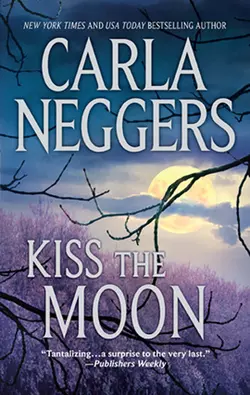Kiss the Moon

Carla Neggers
Тип: электронная книга
Жанр: Современная зарубежная литература
Язык: на английском языке
Стоимость: 152.29 ₽
Статус: В продаже
Издательство: HarperCollins
Дата публикации: 16.04.2024
Отзывы: Пока нет Добавить отзыв
О книге: Lost in the frozen woods of New Hampshire, Penelope Chestnut discovers the wreckage of a small plane. An aviator herself, she sees clues to a conspiracy in the rusted-out remains.Rumors of her discovery bring Wyatt Sinclair to Cold Spring, determined to put to rest a family scandal and learn what really happened to his legendary uncle, who had disappeared with his adventuress lover years earlier.As Wyatt and Penelope investigate, old motives are uncovered and new ones created, including a growing attraction between the pair. But when an unknown enemy emerges with a violence rooted in desperation, uncovering the truth will be far less problematic than surviving it.